Editorial Comment
Late last week Payload Space’s morning newsletter had this to say about the sector and the impact of SPACs:
At first, some saw the SPAC market as a harbinger of new space startups and their investors having “made it.” SPACs created liquidity for a sector that historically did not have clear exit opportunities.
Instead, the reverse merger phenomenon created poor incentive mechanisms that allowed for misguided behavior between management teams and financial institutions. And we now see a clear bifurcation between traditional aerospace and the new space model.
We have seen this commentary repeated many times and, in our opinion, it makes an erroneous assumption that the market of SPAC-ed space companies is somehow a valid proxy for the entire commercial space sector when it is not even a valid statistical sample
Using an estimate from Space Fund’s reality rating index, the number of ‘going concerns’ in the sector is somewhere near 120+ (launch, in-space servicing, in-space transport, human spaceflight, earth observation, etc) while the number of SPAC-ed space companies is 15 depending on who you include. In our opinion, the performance of the various space-specific SPACs is not indicative of the sector and especially of the health of companies who were offered SPACs and correctly turned them down.
There are numerous media outlets attempting to generate clicks from a doom and gloom story when the reality is indeed different. Yes, financial markets are currently challenged on nearly every front, but businesses with customers and validated business models are continuing to execute. There are tangible effects on private markets but those appear to be a reluctance to invest without clear knowledge of the near-term future (e.g. fed policy, inflation numbers, GDP reports, etc). But at their core, each deal is still justifiable from a basic market demand and profitability perspective. Hence our rejection of Payload’s assertion that the end of the world is nigh.
Portfolio Company News
Virginia Venture Partners invests in Lynk Global
Virginia Venture Partners, the equity investment program of Virginia Innovation Partnership Corporation (VIPC), today announced an investment in Lynk. Falls Church, Va.-based Lynk provides satellite broadband connectivity from directly to customers’ existing standard mobile phones; even in the most isolated areas, with no need to purchase a new device. Lynk will provide universal connectivity everywhere in Virginia, and the rest of the world, including the most rural areas.
Lynk wins the Mercedes-Benz car2space Challenge – SatNews
Lynk won over applicants from around the globe for its innovative technology connecting cars to the company’s growing constellation of satellite cell towers in space. Lynk received this award in Berlin, Germany, at the INNOspace Masters Conference and Awards Ceremony. This is a great example of how global Lynk’s market is. The company has been executing on a strong cadence of signed contracts with mobile network operators (MNOs) from around the world.
Issues related to SpaceX abruptly severing its rideshare relationship with Spaceflight Services are still affecting companies such as Lynk who were caught rideless unless they are willing to pay a 7x higher price.
General Space News
The first images from the James Webb Space Telescope are being released this week with the first images later this afternoon at a White House event. The rest of the images will be released on Tuesday.
Norway's Kongsberg will acquire a majority stake in NanoAvionics
This deal seems to have been prompted by the new CFO at AST offloading AST’s assets for cash and Kongsberg picking up a reasonable deal on NanoAvionics.
NASA criticized Russia for using the ISS to promote its invasion of Ukraine.
Russia’s behavior with respect to the ISS is increasing the pressure all of the ISS partners are feeling from the incongruity between their space policy and foreign policy. There is a mythology around cooperation in space being the one bright spot where adversaries can cooperate but at some point, that fig leaf wears thin and begins to reveal the truth.
A lunar cubesat is communicating again with controllers.
The CAPESTONE mission to examine the near-rectilinear halo orbit around the Moon continues to demonstrate, despite some temporary comms problems, that the Moon is well within the reach of many commercial and non-profit organizations. Maybe your college can sponsor its own Lunar lander team?
The fight over spectrum continues…
Other Space News
OneWeb signed a contract with Relativity Space to launch some of its second-generation satellites.
The FCC approved plans by SpaceX to offer Starlink services to moving vehicles.
L3Harris is making a strategic investment in laser communications company Mynaric.
South Korea's first lunar orbiter is on its way to the United States for launch next month.
India will now allow private ownership of imaging satellites.
